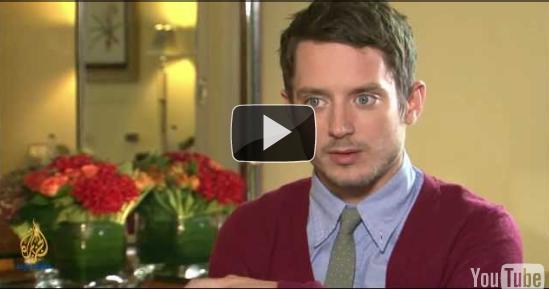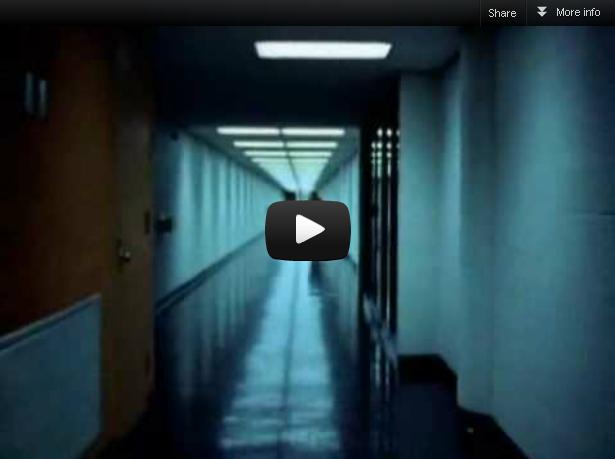

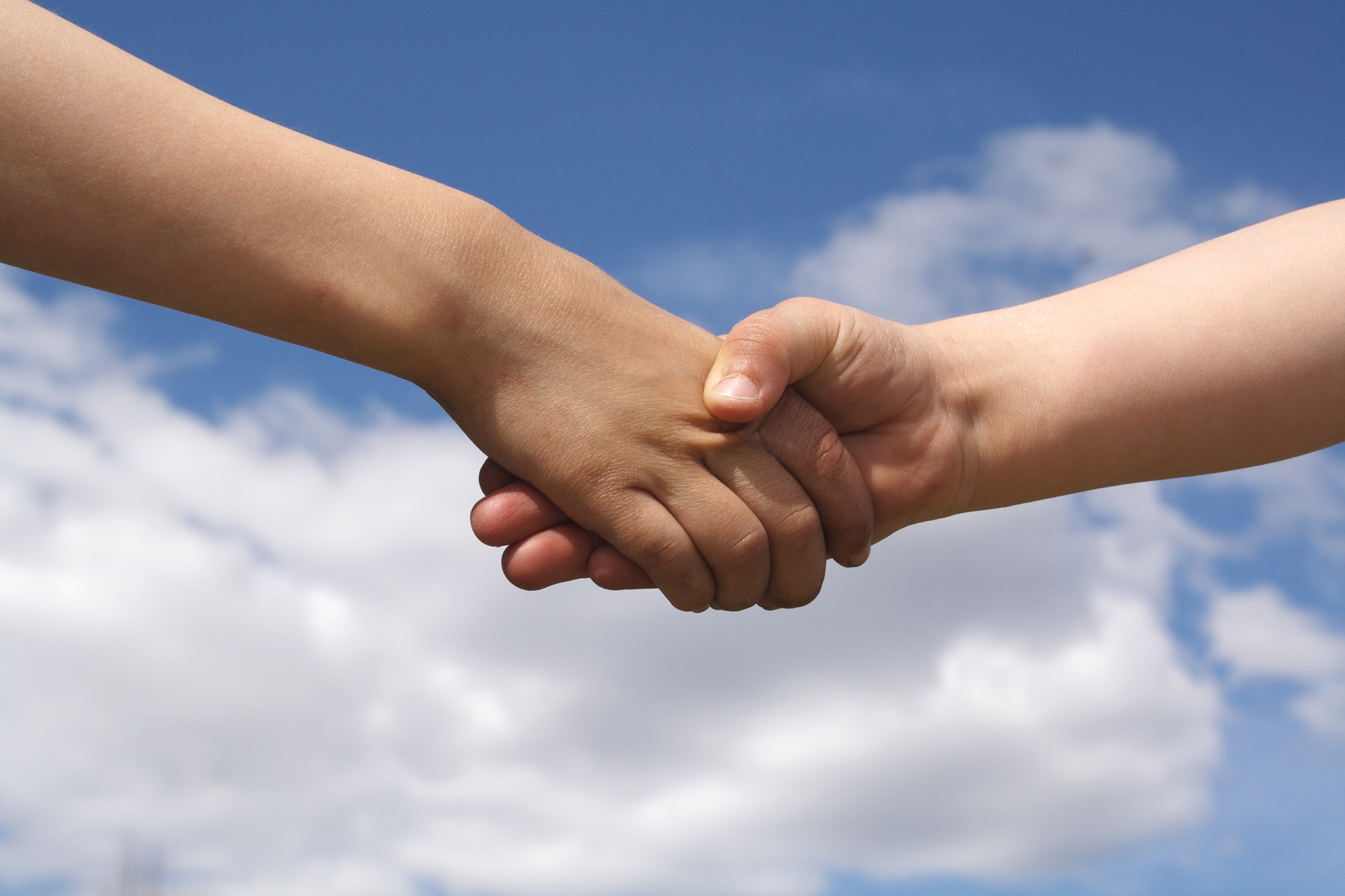
Human Economics
Throughout all of history, humanity has never lived in an era of such intimate globalization, as we do today… Never has any one country’s economy been so dependent upon the economy of other countries, and never has the fate of people in any one country been so dependent upon the fate of people in other countries. Indeed, the current crisis is affecting everyone, everywhere. It is with good reason that journalist, Thomas Friedman, argued in the midst of the crisis that it was “Time to Reboot America.” The laws that define relationships among individuals in society have changed dramatically, hence economy—which reflects those interconnections—must follow suit. Yet, this cannot happen by means of restrictions and regulations, since it is evident that our desire to enjoy is only growing through the years. Therefore, even if we truly want it, we will never be able to turn back time. As we develop, we constantly devise new ways to “beat the system.” Instead of wasting taxpayers’ money trying to reverse an irreversible situation, we must change our approach toward economy and business from the root level. The solution is to start from the place where the crisis began—the lost trust in human relationships. What has become clear is that we no longer trust one another: people don’t trust banks; banks don’t trust the rating firms, who don’t trust company shareholders, who have no trust in financial advisors, who have no trust in traders, who have zero trust in governments, who simply trust no one. Period. Nevertheless, despite the mistrust, we find that we are still dependent upon each other. And the more aware...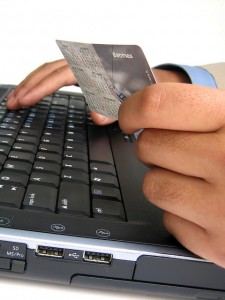
Game Over
Imagine you turn on your TV and hear a news man say: “Congratulations, fellow Americans: the era of rampant consumption has come to an end!” The comments would probably be diverse: “No way, we are getting back in the game!”, “I didn’t expect it to be today…”, “Somebody finally said it straight!” But if I were you, I’d stop watching TV altogether. So, is the game over? Yes, it is. Why is the truth always so daunting? Why is it so difficult for us to acknowledge something that has been staring us in the face for a while now? We may be legally blind, but even they can see elephants. The World Wildlife Fund scientists, who work with governments, businesses and communities around the world, based on their practical experience, knowledge and credibility, claim that today humans are consuming over 25% more natural resources on a global scale than the earth can support and that this rampant consumption is stretching ecological boundaries, leading to unsustainable living. WWF-UK’s Head of Research, Stuart Bond, said humanity has been living off its “ecological credit card” and “liquidating the planet’s natural resources. While this can be done for a short while, ecological debt ultimately leads to the depletion of resources, such as forests, oceans and agricultural land, upon which our economy depends.” The economy is in crisis and is worsening as I type. The media is making a desperate attempt to convince us that everything is under control and things are getting better. While they are carrying out their orders, we faithfully “eat” their feed and remain loyal to our so-called life styles....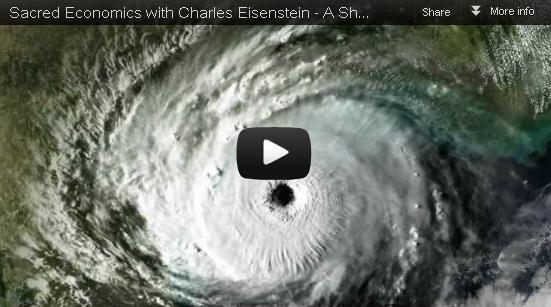
Sacred Economics
...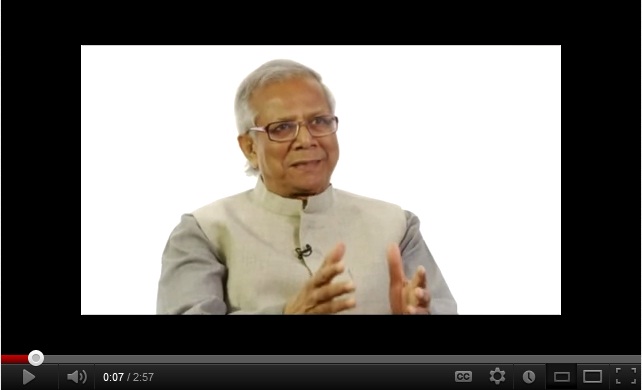
A New Purpose
Economist Professor Dr Muhammad Yunus suggests how businesses can put the creativity and innovation of capitalism to uses other than making money. He talks about how his model of social business has worked in Bangladesh and looks forward to a world where no one will be known as ‘an unemployed person’...